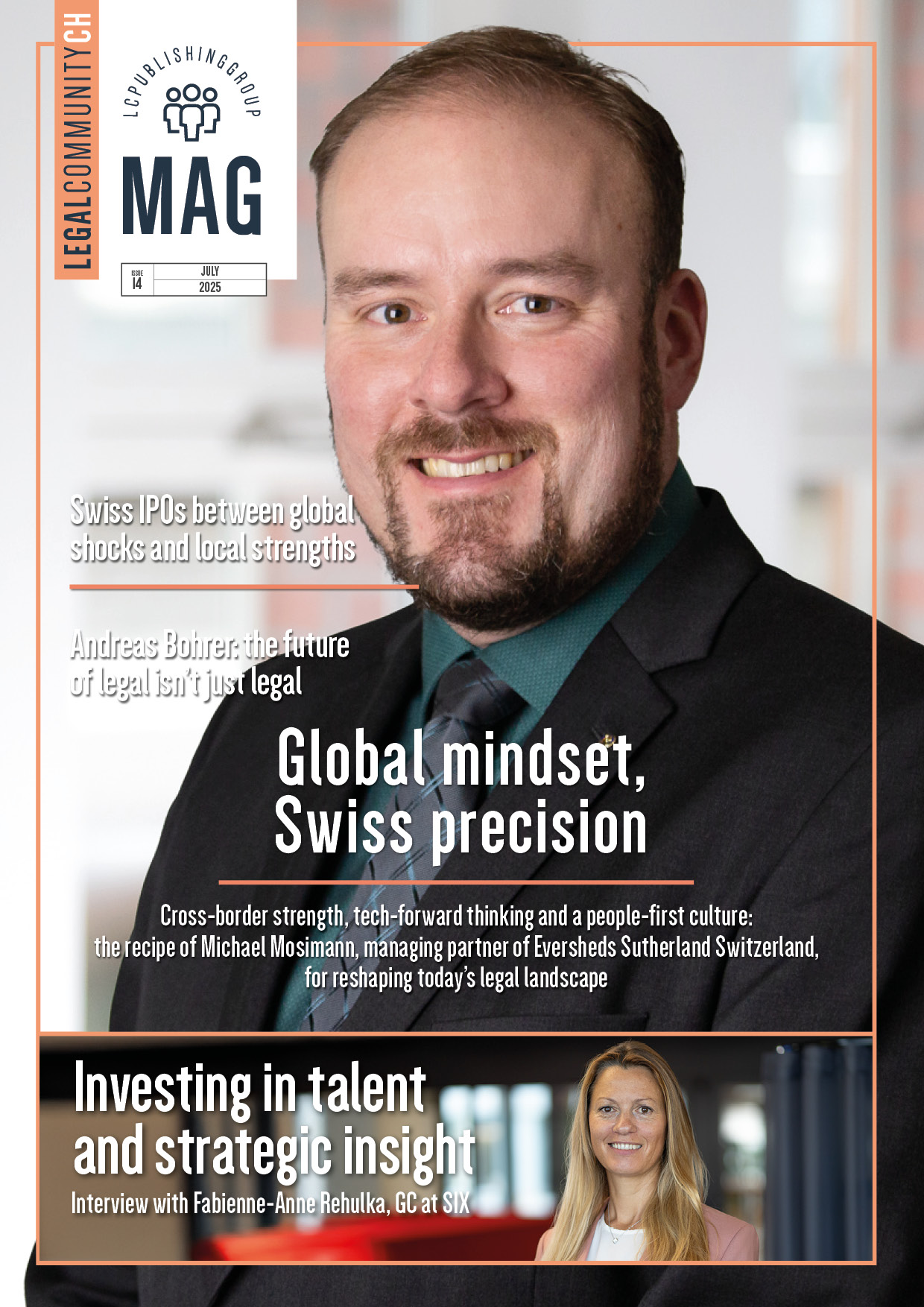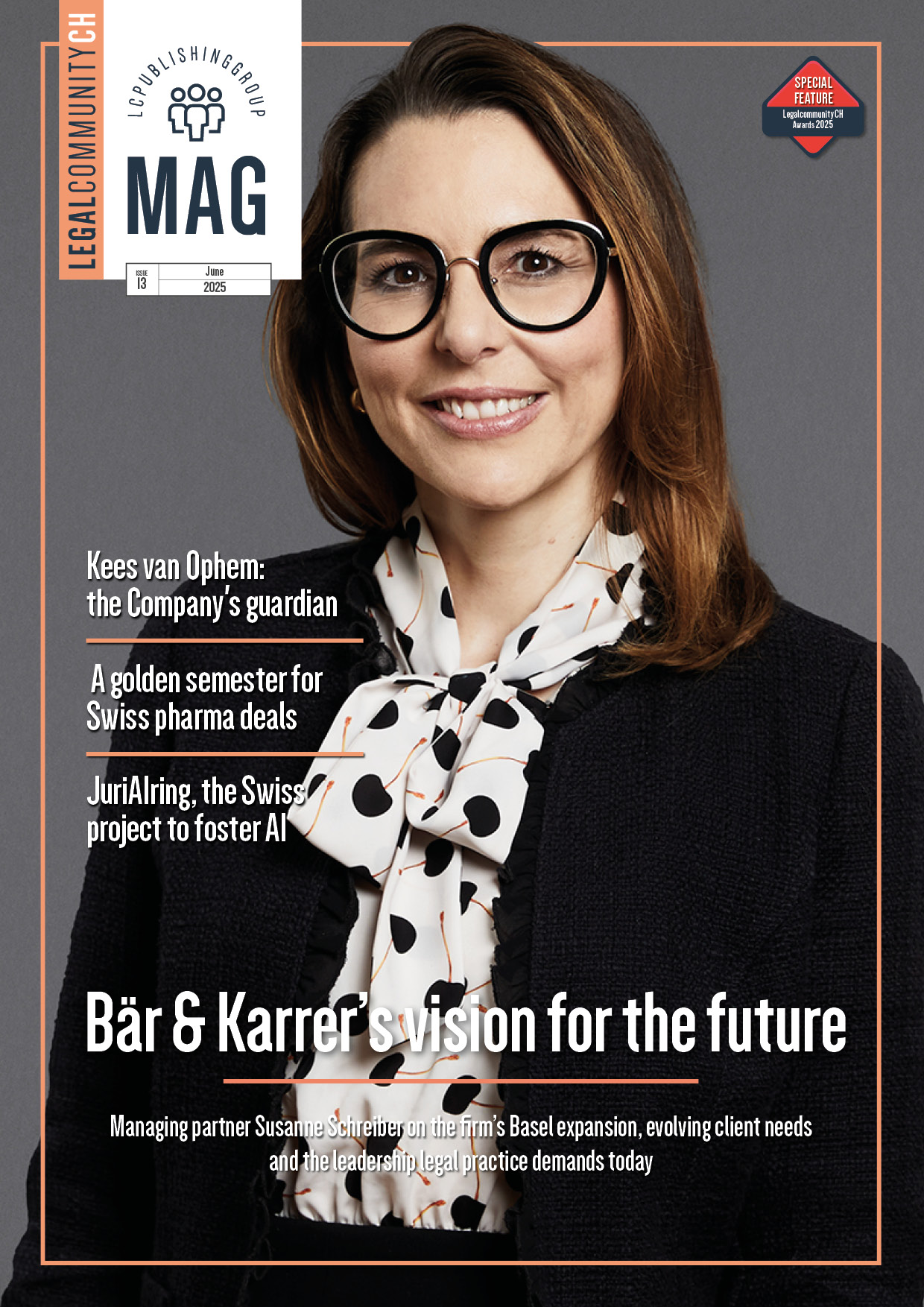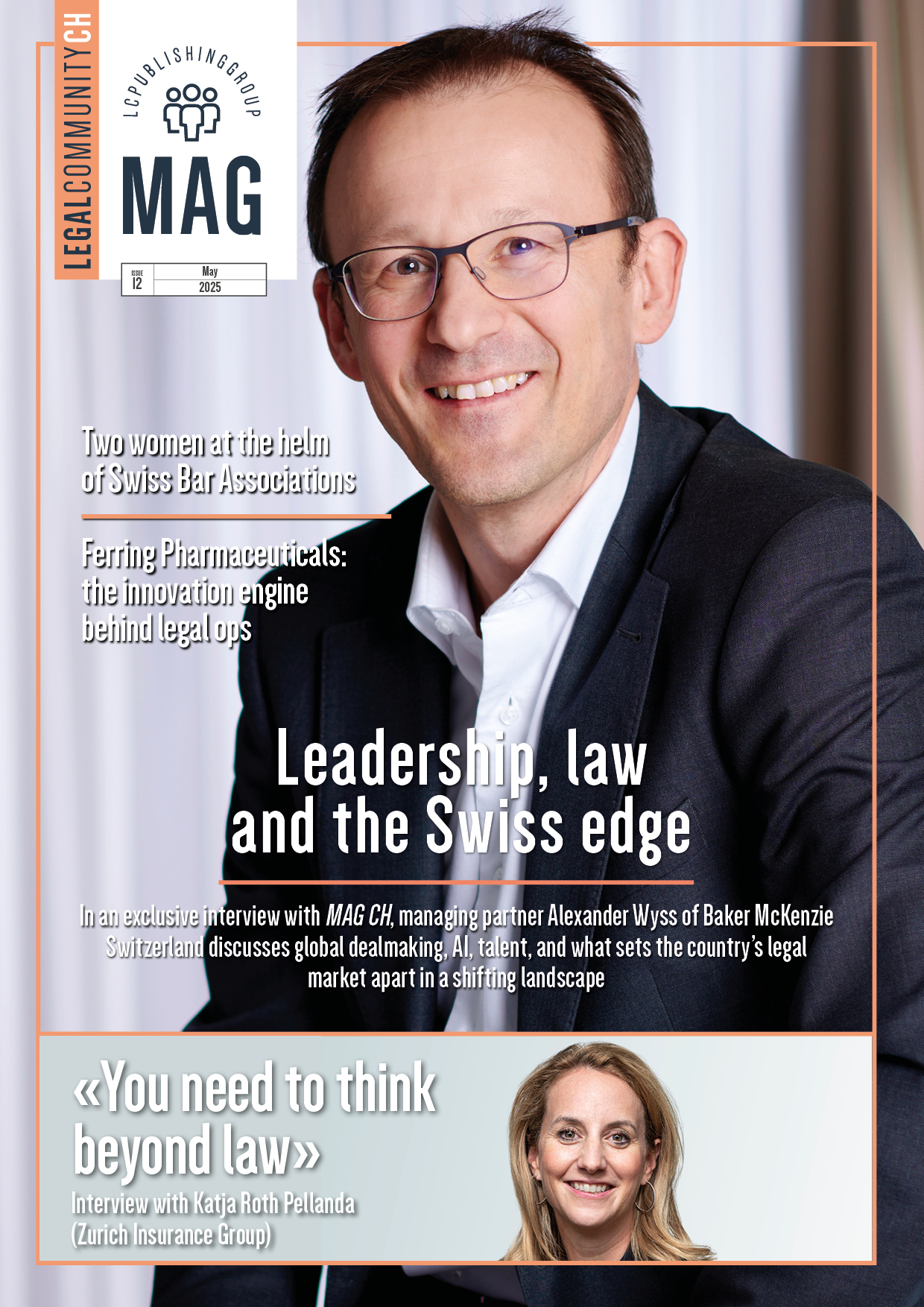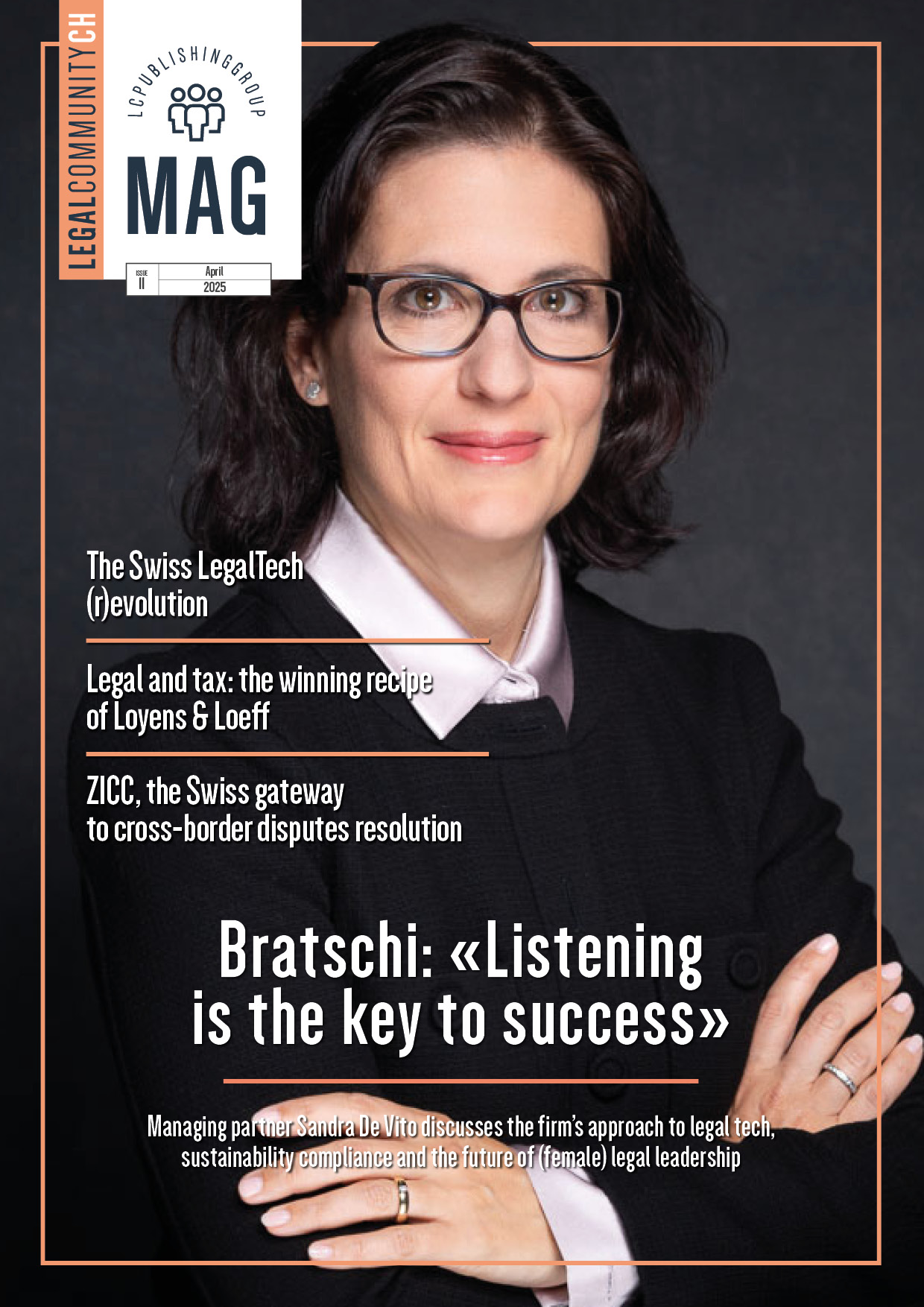Letter from Europe: ACC’s members grapple with technology and privacy
Digital transformation and increased regulation. These are the two biggest challenges that challenge corporate lawyers. Companies are changing their images, embracing technology and are exposed to an increasingly interconnected and sophisticated regulatory framework. The company lawyers have the task of accompanying the company management in these great changes, but above all they have to contain the risks.
To discuss these issues, European members of ACC, the Association of Corporate Counsel (the largest international association of corporate lawyers in the world with over 45,000 members and present in 85 countries), met from May 12-14 in Edinburgh on the occasion of the annual meeting of the European chapter (which brings together lawyers based in the Old Continent), entitled this year, “Being a change agent in disruptive times.”
It’s true that times are uncertain, but “they are the invention of the press, when we leaf through a book on economics, regardless of the historical period in which it was written, the first 10 pages speak of the fact that we are faced with an era of great changes, ” said Simon Fish, ACC chair and general counsel of BMO Financial Group. For this reason, planning ahead and avoiding falling behind must be the mantra of anyone who works in the business world, including lawyers.
To do this, according to Jeff Bullwinkel, associate general counsel and regional director of corporate, legal and external affairs of Microsoft Europe, in-house companies must “change their mentality and think of different ways of approaching emerging problems for which pragmatic solutions are required.” But greater openness has to be accompanied by careful observation and understanding of the strategy of the company for which the lawyer works, so that he can transform the legal department into a facilitator that allows the group to achieve its objectives, as Chris Fowler, general counsel of BT said, referring to technology and the transformation of British Telecom.
But how can we anticipate the legal challenges posed by those issues, such as the web, artificial intelligence or blockchain, when the regulatory and regulatory framework is not clear? It’s not easy to anticipate these topics also because a series of factors make them themselves subject to constant evolution, but according to Fish it can be that of “starting from the observation of what happens in the other geographical regions of the world or in the various industrial sectors to understand what opportunities for change can be introduced.
And there are areas for which global and universal principles apply, Bullwinkel notes. “Let’s think about privacy for example. The GDPR [the European Union’s General Data Privacy Regulation] has played a key role in the introduction of policies to be adopted internationally. Also with regard to AI, it involves common themes such as the need for security, reliability or transparency. On these areas we can act jointly, ” he commented.
















